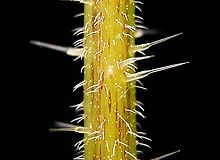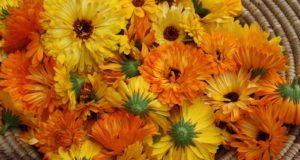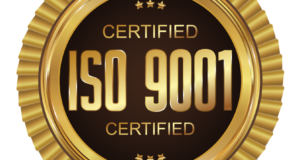
Pulmonary hypertension is a condition in which the pressure in the pulmonary circulation, mainly the pulmonary arteries, becomes elevated. This condition can be either primary (idiopathic), which is not caused by any disease or condition, or secondary, which results from some other underlying cause such as left-sided heart disease, chronic lung disease, pulmonary embolism and auto-immune disorders. The idiopathic or primary type of this condition commonly affects young people and is unusually aggressive and often fatal. Common symptoms include breathlessness, cough, fatigue, chest pain and symptoms of right or left ventricular failure.
The Ayurvedic treatment of pulmonary hypertension is aimed at treating the suspected pathology of the idiopathic variety, or treating the known cause of the secondary type of this condition. Left-sided heart failure may be treated using medicines like Arjunarishta, Dashmoolarishta, Laxmi-Vilas-Ras, Shrung-Bhasma, Maha-Laxmi-Vilas-Ras, Punarnavadi-Qadha, Panch-Tikta-Ghrut-Guggulu, Punarnavadi-Guggulu, Gomutra-Haritaki, Drakshasav, Arjun (Terminalia arjuna), Punarnava (Boerhaavia diffusa), Draksha (Vitis vinifera), Amalaki (Emblica officinalis), Gokshur (Tribulus terrestris), Haritaki (Terminalia chebula), Nimba (Azadirachta indica), Musta (Cyperus rotundus), Kutaj (Holarrhina antidysentrica), Patol (Tricosanthe dioica) and Saariva (Hemidesmus indicus). Chronic lung disease can be treated using medicines like Ras-Sindur, Malla-Sindur, Sameer-Pannag-Ras, Pippali (Piper longum), Kantakari (Solanum xanthocarpum), Kushtha (Saussurea lappa), Pushkarmool (Inula racemosa) and Vasa (Adhatoda vasaka).
Modern anti-coagulation therapy is indicated where recurrent pulmonary embolism is suspected to be the cause of this condition. Ayurvedic medicines like Triphala (Three fruits), Trikatu (Three pungent herbs), Chavya (Piper retrofractrum), Chitrak (Plumbago zeylanica) and Lashuna (Allium sativum) may be added to the modern therapy in order to prevent recurrent embolism. Auto-immune disorders like scleroderma and systemic lupus erythematosus need to be treated according to the individual presentation of the disease. However, medicines need to be given to correct the dysfunctional immune-system of the body. These medicines include Tulsi (Ocimum sanctum), Bhrungraj (Eclipta alba), Ashwagandha (Withania somnifera), Shatavari (Asparagus racemosus), Bala (Sida cordifolia), Naagbala (Grewia hirsuta), Suvarna-Bhasma, Abhrak-Bhasma and Suvarna-Malini-Vasant.
The primary or idiopathic type is believed to be caused by constriction of the pulmonary arteries or biochemical changes in the arterial smooth muscle cells due to a familial genetic abnormality. This condition may be treated using medicines which act on the arterial walls and reduce the constriction or obstruction. These medicines include Kutki (Picrorrhiza kurroa), Patol, Saariva, Patha (Cissampelos pareira), Musta, Kutaj, Amalaki, Haritaki, Nimba, Kuchla (Strychnos nuxvomica) and Behada (Terminalia bellerica). Medicines like Tapyadi-Loh, Ekang-Veer-Ras, Trayodashang-Guggulu and Bruhat-Vat-Chintamani can also be used for this purpose.
The prognosis of pulmonary hypertension usually depends upon the severity of the underlying cause. An early diagnosis and initiation of treatment is important in order to improve the overall prognosis. Ayurvedic medicines can be given as additional therapy to modern medicines in order to improve the quality of life and long-term survival.

Source by Abdulmubeen Mundewadi
 Vitamin Agent The Health & Naturalistic Source
Vitamin Agent The Health & Naturalistic Source





